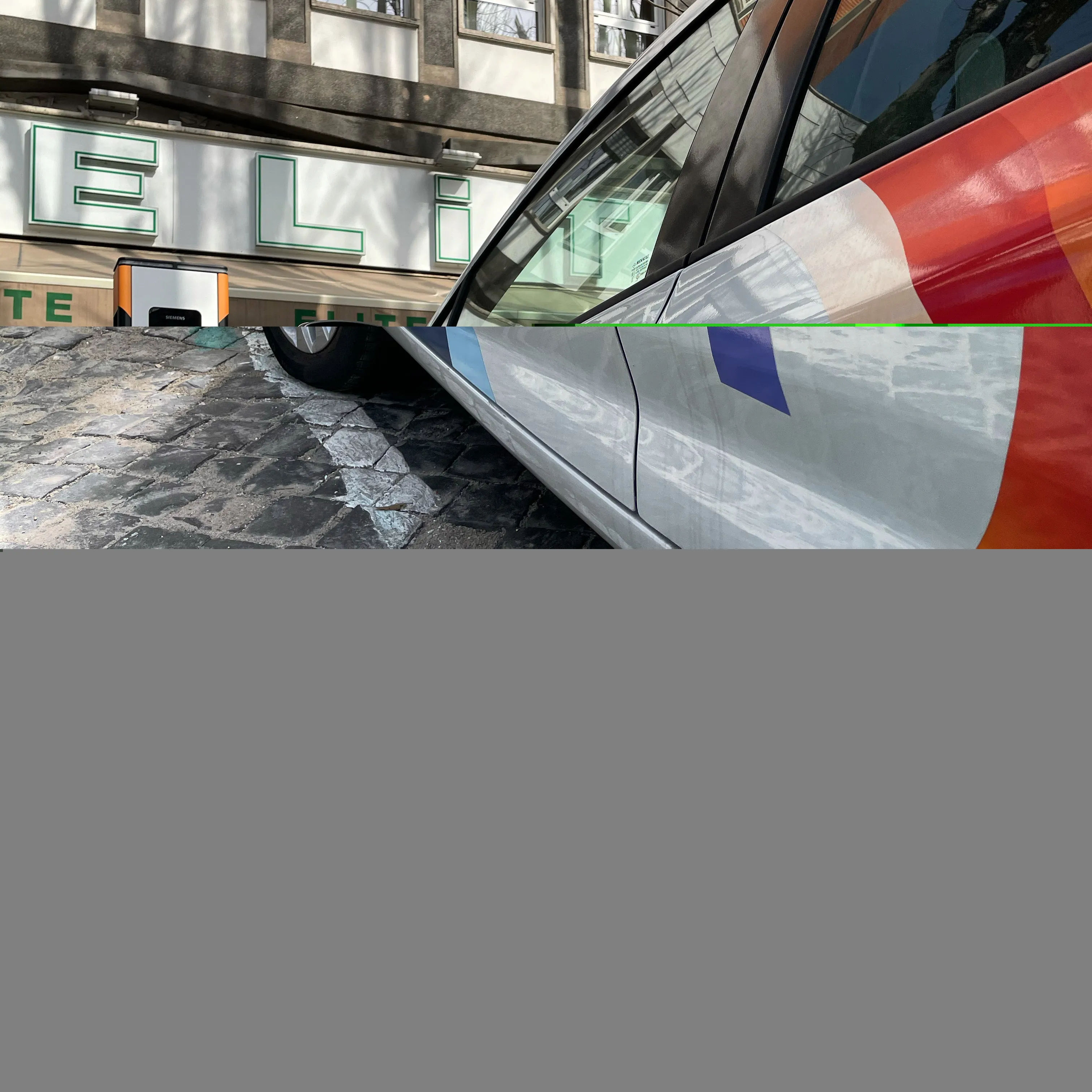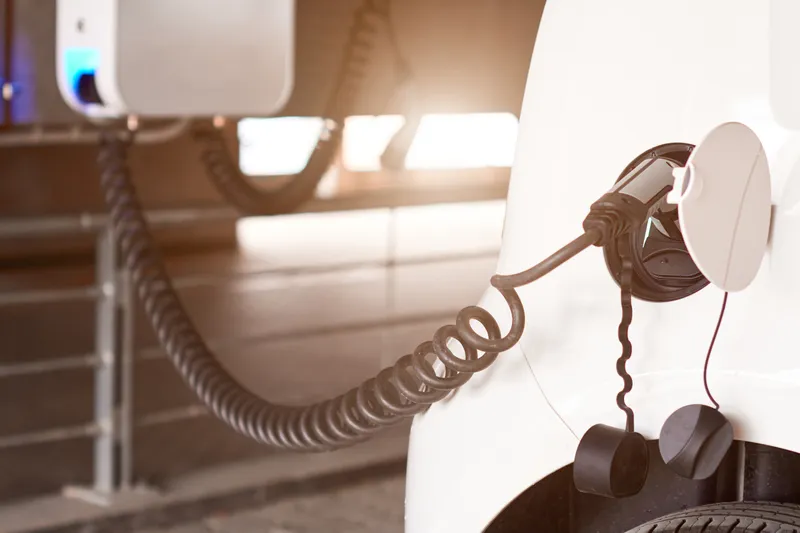Swiss power and automation company Asea Brown Boveri (ABB) has deployed 30 fast-charging stations to Zurich to support the city’s transition to sustainable mobility.
The Terra 54 stations will be implemented in central, publicly-accessible locations in the city and surrounding areas.
ABB says the solution is suitable for charging electric cars, buses and trucks quickly to add range of 100-300km.
June 14, 2018
Read time: 1 min
Swiss power and automation company Asea Brown Boveri (ABB) has deployed 30 fast-charging stations to Zurich to support the city’s transition to sustainable mobility.
The Terra 54 stations will be implemented in central, publicly-accessible locations in the city and surrounding areas.
ABB says the solution is suitable for charging electric cars, buses and trucks quickly to add range of 100-300km.









